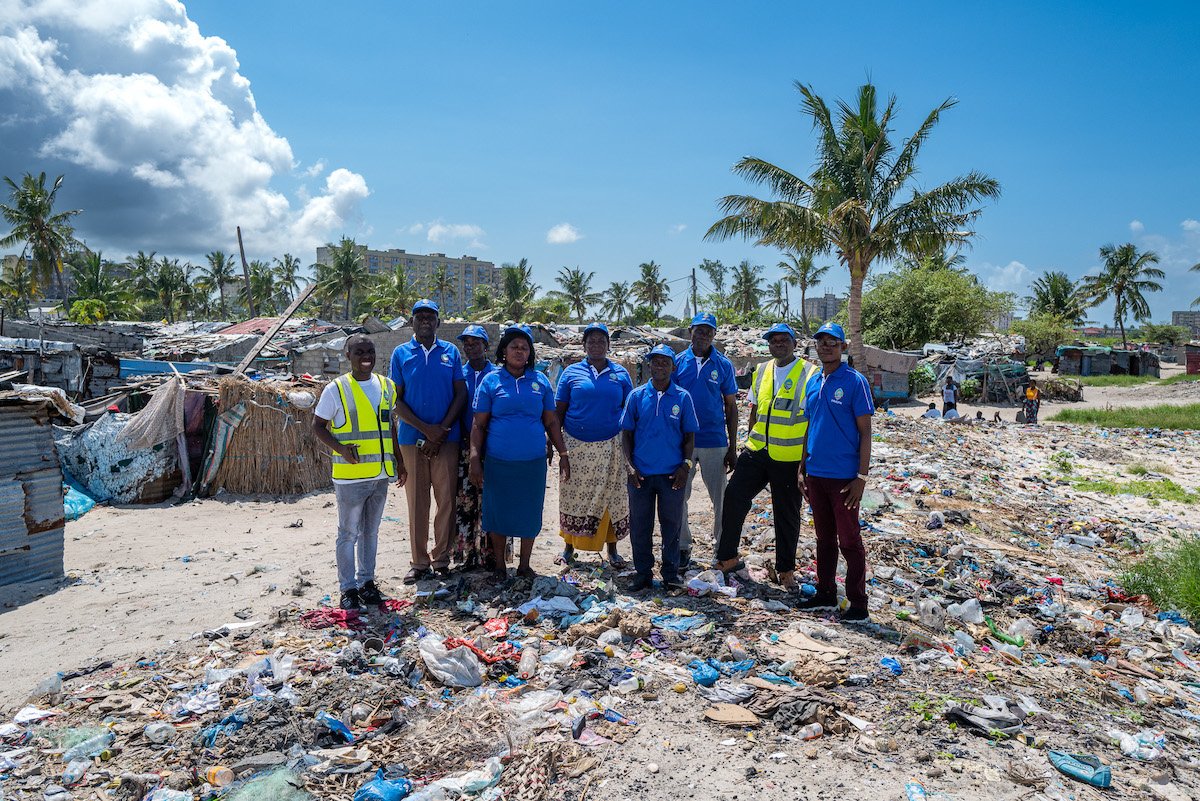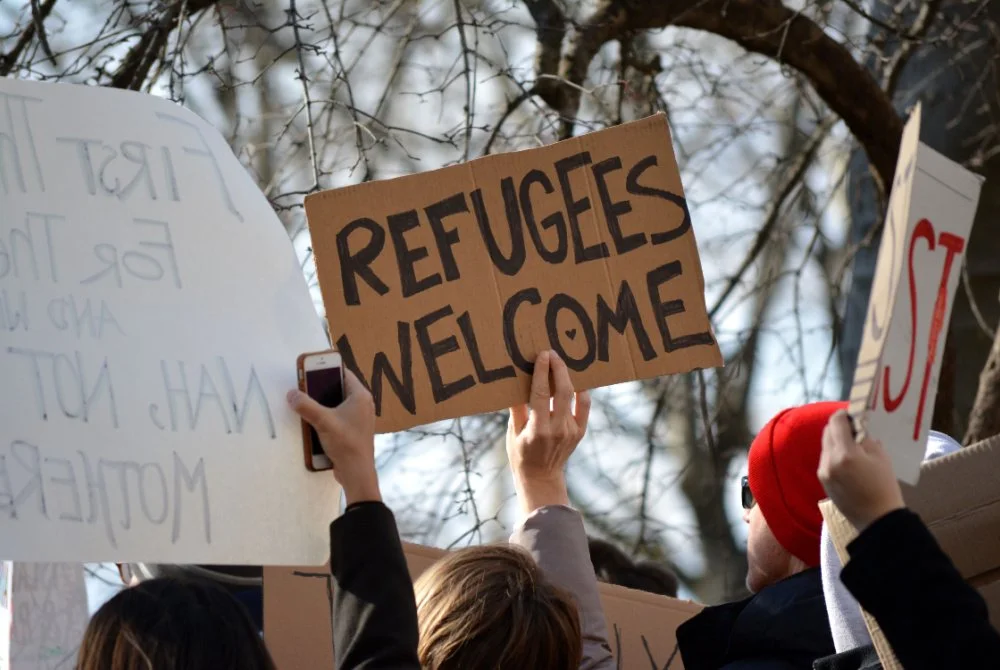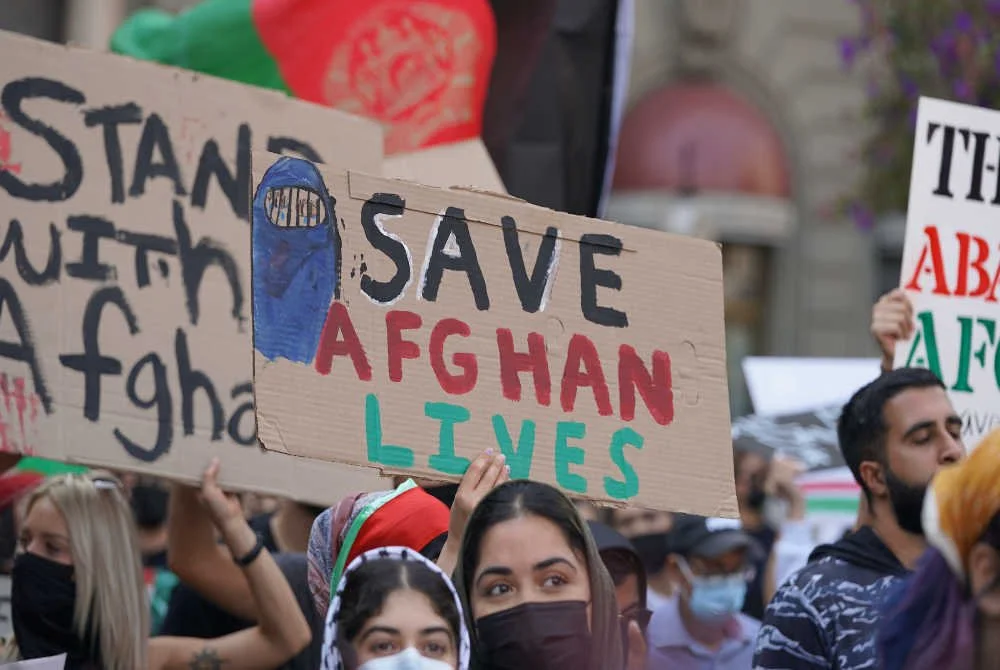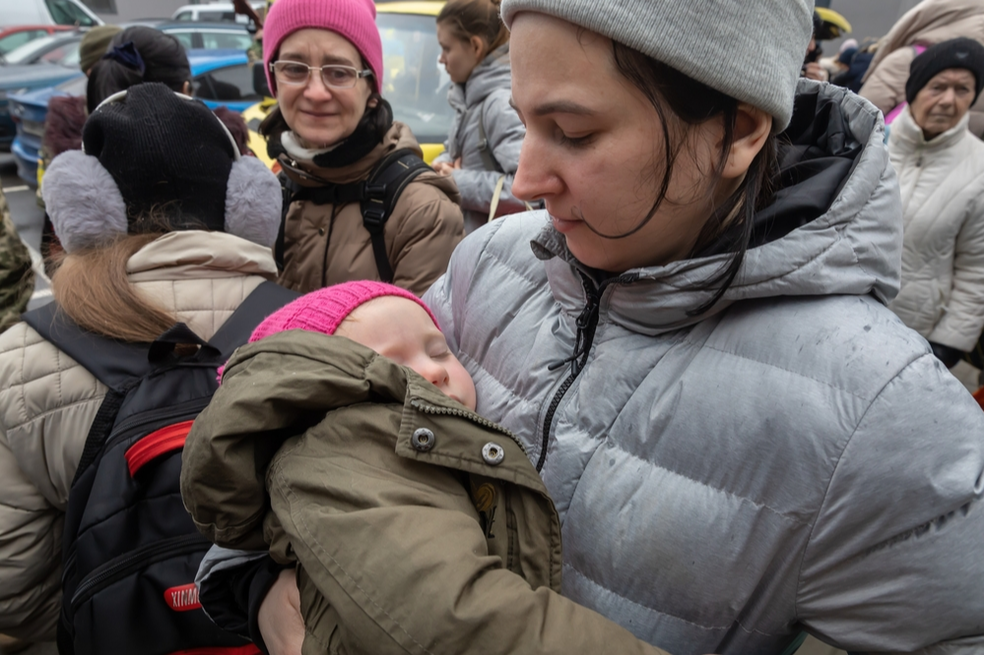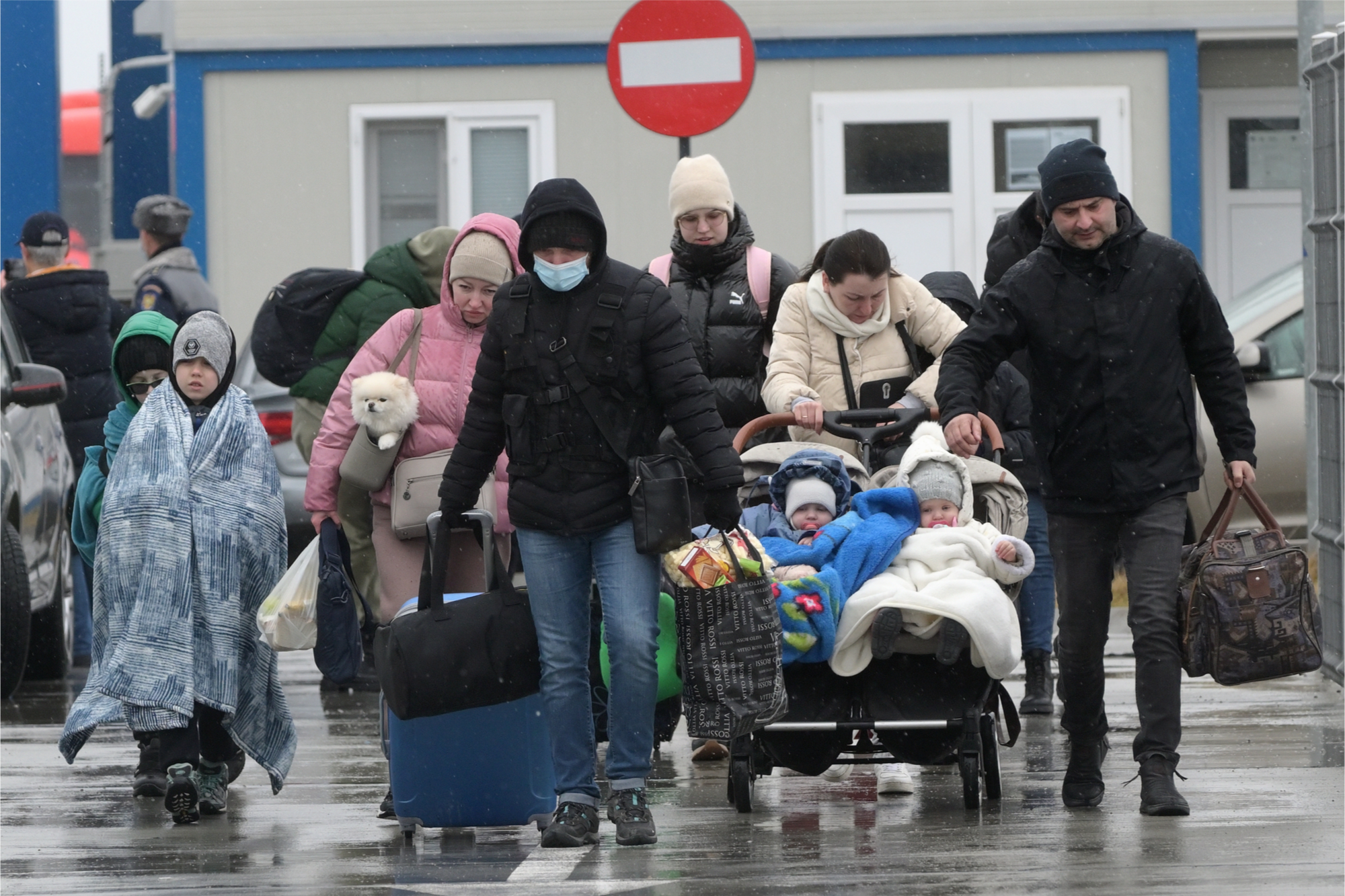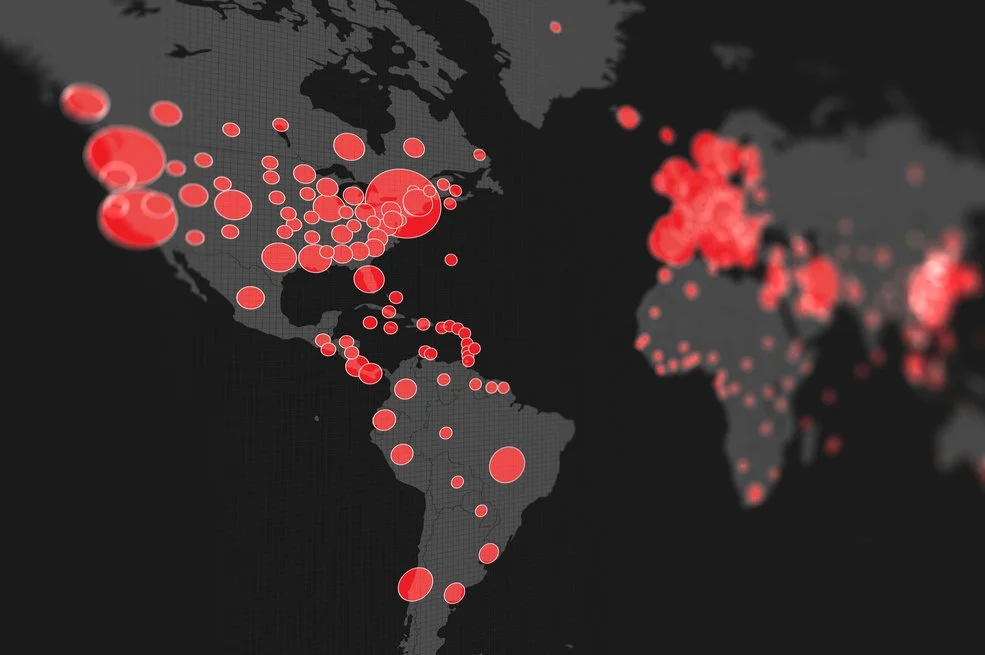Refugee Rundown: A Look at Who’s Starting to Finally Pay Attention to the Crisis
/According the U.N. High Commissioner for Refugees (UNHCR) as of June, 2015, one out of every 122 human beings living on this planet is either a “refugee, internally displaced, or seeking asylum.” Close to 60 million people around the world have been forcibly displaced from their homes, and that number is expected to rise. To put this into perspective, the global refugee population is roughly the same as that of Italy.
Related: Funders are Dropping the Ball in a Big Way on Syria. Is That Starting to Change?
The global refugee crisis has overwhelmed humanitarian outfits and the UNHCR, the world’s largest refugee response and relief agency, remains woefully underfunded, having received less than 30 percent of its budget for 2015. There is a sliver of good news, here—an increasing number of corporate funders have stepped up to the funding plate in recent months. The largest funder so far is Google.
Google has already donated over $1 million to various refugee relief agencies and recently pledged to match $5.5 million in donations it received through the “donate” button it added to its search page. Just a few short days later, the company raised more than $11.3 million, surpassing its $11 million goal.
The funds are being distributed to Google’s partners on the project, including Doctors Without Borders, International Rescue Committee, Save the Children, and UN High Commissioner for Refugees. While those exact numbers have yet to be disclosed, a Google spokesperson stated that Doctors Without Borders will receive at least $1.25 million.
Related: A Yogurt Tycoon Steps Up His Philanthropy, Going Where Other Funders Won’t
Unlike straight-up cash donations, matching schemes cannot necessarily be counted as guaranteed money in the bank, here. However, the UNHCR has reported that it raised over $20 million from companies and private donors in support of the droves of refugees arriving in Europe on the daily. And some big dollars are rolling in from corporate matching programs like Google’s. Here’s a quick rundown:
- TripAdvisor is matching donations up to $500,000 with the money going to the International Rescue Committee and Mercy Corps.
- JP Morgan Chase has pledged $1.5 million and has plans to run an employee matching program. The funds will go to Save the Children, Oxfam, the International Rescue Committee and the International Medical Corps.
- SAP, the German based software company is donating $565,000 and also has plans to match employee donations. SAP funds are specifically earmarked for “refugee integration” projects taking place in Germany.
- King, the makers of Candy Crush, announced its plan to match of up to $1 million of refugee related donations made by its employees and the geneal public .
We at IP have been tracking the global refugee crisis closely. With the exception of a handful of U.S.-based foundations and corporate philanthropies including the Western Union, UPS, IKEA and Hilton foundations, the general lack of response to the crisis by top foundations has been profoundly disappointing. Especially since we’ve seen such an overwhelming response to other humanitarian crises like the recent Ebola outbreak, the Haiti earthquake, and the Asian tsunami.
Related: Africa Has a Huge Refugee Crisis, Too. This Mega Funder is on the Case
We get it—top funders are often locked in to ongoing program work aligned with their respective strategies. This leaves little funding room to write big checks to causes outside of their areas of focus. But turning a veritable blind eye to human suffering to the tune of 60 million people and counting has become increasingly difficult to understand.





